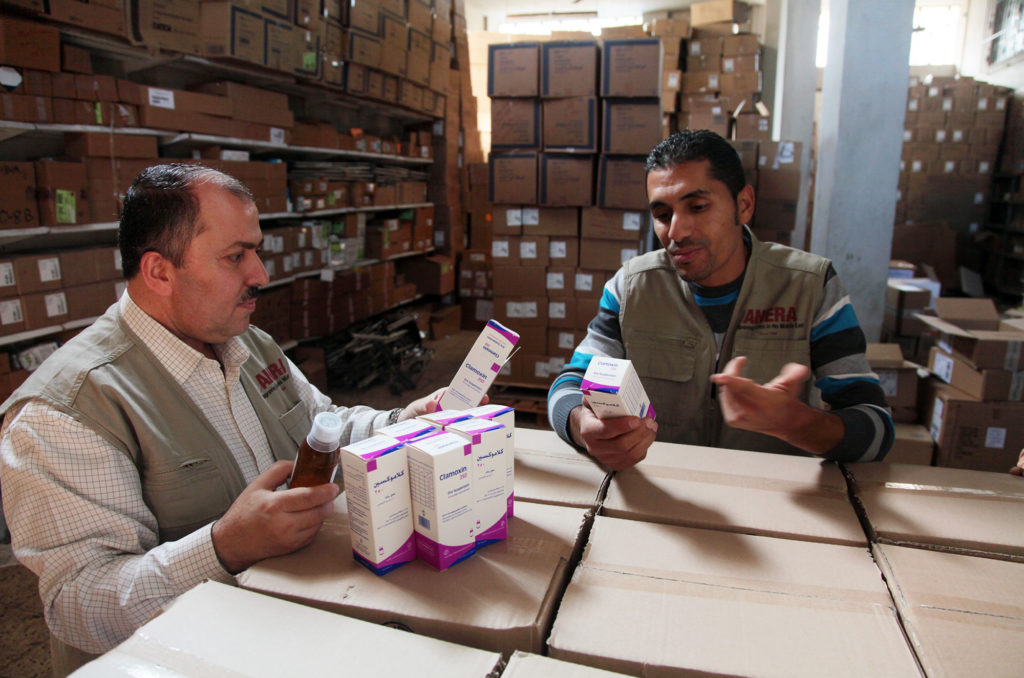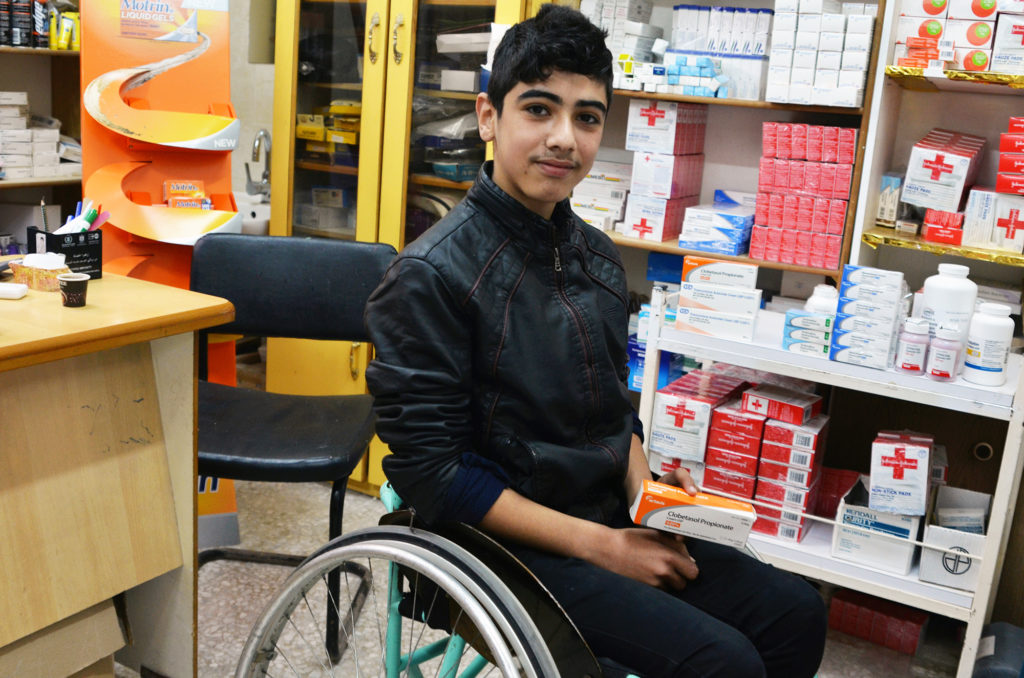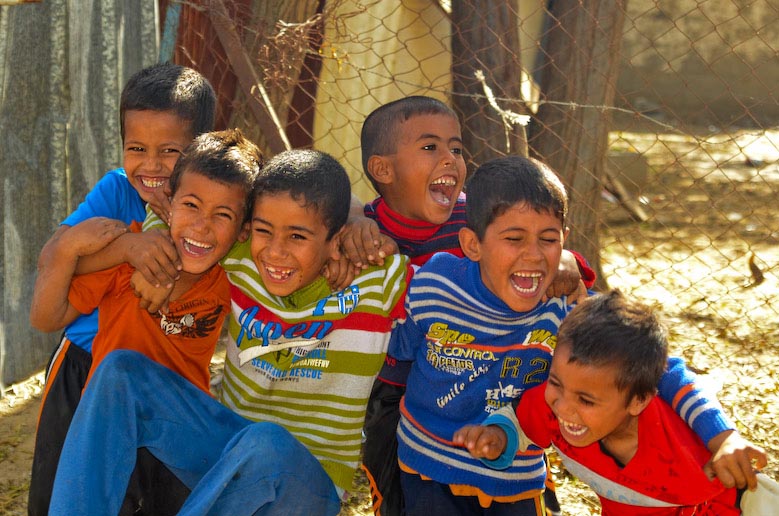Health and Power in Gaza
Posted in: Voices from the field
The situation in Gaza has been calamitous and unstable for a long time, but it’s never been as bad as it is now.
The electricity shortage has thoroughly affected all aspects of life, particularly in sewage and health systems. Plants that process sewage, water and waste cannot function without electricity. So the sewage plants, for example, have to dump waste into the sea. As a result, 63 percent of Gaza’s sea is unfit and unsafe for swimming, and the children who do not heed the warnings and go swimming anyway have become ill. There have been many infections, including one tragic incident when a five-year-old contracted meningitis and died after swimming in contaminated water.
63 percent of Gaza’s sea is unfit and unsafe for swimming.
There is also a severe fuel shortage which has taken a toll on the operational capacity of local hospitals. Sadly, hospitals have to discharge patients too soon just to keep up with the demand of beds and care. Some patients are sent home before full recovery, like those who need a full week of bed-rest or have undergone general anesthesia. We confront difficult decisions like these all the time. For example, private and NGO-run hospitals prioritize electricity for dialysis patients, intensive care units and neonatal units while other services are put on hold. If fuel supplies continue to shrink, small hospitals will have to close in order to preserve fuel for larger facilities that have a higher capacity.
Gaza is only getting about one-sixth the amount of fuel it needs to function. The way it is now, electricity comes on at odd and extremely limited hours, like between 4 and 6 a.m. This is hardly a convenient time to resume household chores like laundry and cleaning, but sadly there are no alternatives.
Finding Medicine in Gaza City

Mostafa, left, sorts newly-delivered medicines with program coordinator Ahmad Al-Najjar .
There is a severe lack of medicine due to internal division and lack of resources for local hospitals. 177 specialized drugs are out of stock, such as antibiotics and those used for dialysis and cardiac care. Out of 500 drugs on the Palestinian essential drugs list, over half are out of stock. When doctors write prescriptions, the medicine is often unavailable. And when medicine is available, patients cannot afford it because of the widespread poverty and unemployment among Gaza’s population.
About half of chronically ill patients cannot leave Gaza for treatment.
Unfortunately, as the number of chronic disease patients increases due to harsh living conditions, the number of exit permits from Gaza decreases. Now, just under half of these chronically ill patients cannot leave Gaza for the treatment they need to survive.
Anera’s Role with Local Partners

A young Palestinian boy picks up his medication at a Gaza clinic supplied by Anera’s in-kind program.
Our local health care partners have also been hit by the economic crisis. Now they depend on donated medicines even more, because they have a 30 percent deficit in their stock. Patients often cannot afford medicine and feel relieved when it’s available and free of charge.
For decades, Anera has been the only organization committed to sending its partners medicine free-of-charge on a regular basis. Even large organizations now suffer from shortages in medicine. Our partners seek more donations with longer expiration dates. Partner clinics and hospitals call as soon as they run out of stock because they depend on each shipment of medicines delivered by Anera.
The scale of need is enormous. More intervention and more donations are vital for filling the growing gap. It is urgent to double the number of shipments and bring more support to our local partners to the best of our abilities.
Right after the Gaza war of 2014, we used to live in the golden age of six to eight hours of power per day. Ironically, the electricity crisis was already bad back then, but now it’s a disastrous situation. It has become the only thing people talk about and, on the street, you can’t hear news of anything else.
Gaza’s Hopes Remain

Palestinian children play in the streets of Gaza.
Depression and hopelessness are the general mood of Gaza nowadays. People have lost faith, but with a little humanitarian support for those in need, we can restore lives and livelihoods. We hope things will improve and this humanitarian crisis blows over.
Our hope is in those who continue to stand by our side under these difficult conditions. There are many things happening in the Middle East, but we hope our friends and our community of donors do not to forget about Gaza. The need is tremendous and of course, health comes first!
OUR BLOG
Related
At the Saint Nicholas Home in Bethlehem, dignity is not an abstract idea. It is lived every day. Founded in 1976, the home has grown into a place of care and stability for 50 elderly residents. For decades, it has…
In this log, Anera provides updates on unfolding war in Palestine and our response. In some cases, additional activities may be added retroactively to the daily entries as we receive additional program reporting. Questions? See our FAQ page December 17,…